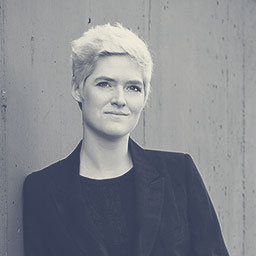Smarter Humans, Not Smarter Devices: How to Design Calm Technology
workshop – Half day (4h) | Feb 5 – 2pm | UW - Art 227-229 UW - Alder Common Space
How can we design technologies that work alongside us, instead of against us?
Sold out
This workshop is sold out. Check out the rest of our workshop program.
The difference between an annoying technology and one that is helpful is how it engages our attention. Calm Technology is a framework for designing products and services that engage our attention in an appropriate manner. The aim of Calm Technology is to provide principles that follow the human lifestyle and environment in mind, allowing technology to amplify humanness instead of taking it away.
Outline
Participants will work in groups to solve a series of design challenges, including designing new products, ‘calming down’ a complex ones, communicating the principles of Calm Technology across an organization and team, and entering a product successfully into the marketplace.

Amber Case
Amber Case studies the interaction between humans and computers and how our relationship with information is changing the way cultures think, act, and understand their worlds. She is the author of “Calm Technology” and “Designing with Sound” from O’Reilly books. She was a fellow at Harvard University’s Berkman Klein Center for Internet and Society and a visiting researcher at the MIT Center for Civic Media. In 2019, Amber will join the Institute for the Future (IFTF) as a Research Fellow.

Jon Brown
Jon Brown is a Digital Architect with SDLC Partners in Pittsburgh, PA where he designs novel interactions to improve outcomes for patients with chronic conditions. He is a veteran of MAYA Design and holds a Master’s Degree in Human-Computer Interaction from Carnegie Mellon University.

































